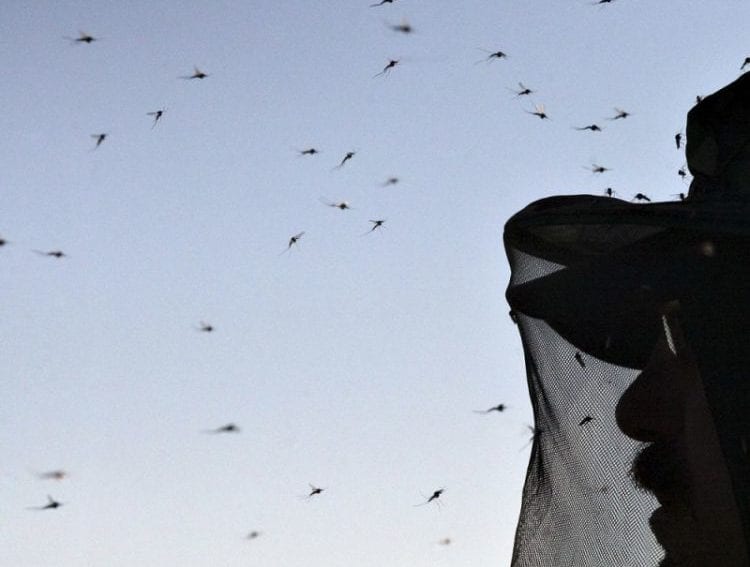By: Aleida Rueda
Send to a friend
The details you provide on this page will not be used to send unsolicited email, and will not be sold to a 3rd party. See privacy policy.
Scientists in countries affected by mosquito-borne diseases are less aware of the latest research on these diseases than those from countries where those diseases are not endemic, a study has found.
Diseases such as malaria and dengue fever are more prevalent in poorer countries, but these are also places where scientific communication is weaker and research institutions cannot afford access to journals and conferences, the study says. This leads to ignorance and widespread misconceptions about the state of research on the diseases mosquitoes transmit, which limits the ability of scientists from poorer countries to do ground-breaking work, the authors warn.
“Scientists from disease-endemic countries are not usually involved in the development of innovative biotech approaches against vector-borne diseases.”
Christophe Boëte, Institute of Research for Development, France
The study was published in Parasites & Vectors on 10 August. It looked at how aware nearly 1,900 researchers on vector-borne diseases were about the first field trials of two novel approaches to control dengue fever by reducing overall mosquito numbers: in the Cayman Islands in 2009 and Australia in 2011.
The research revealed that a significant proportion of scientists working on mosquito-borne diseases gather their information on breakthrough work from colleagues in their field, which puts researchers from poorer countries at a significant disadvantage.
More than 40 per cent of researchers from rich countries without mosquito-borne diseases said colleagues informed them about pioneering research. But in endemic poor countries, less than 20 per cent of researchers received information from such networks.
But the study says that improving journal access may not solve the problem entirely. It found that scientists from non-endemic countries share papers and research results widely before official publication, with up to 40 per cent of the surveyed researchers from rich countries being made aware of ground-breaking work before publication. In non-endemic poor nations, only six per cent of scientists had access to pre-publication results.
Christophe Boëte, an author of the study and a viral disease researcher at the Institute of Research for Development in France, says the problem is caused by a lack of scientists from developing countries in pioneering research.
“Scientists from disease-endemic countries are not usually involved in the development of innovative biotech approaches against vector-borne diseases, which is mainly conducted in the global North,” Boëte tells SciDev.Net.The study shows that there is a need to improve international networking in academic research, says Humberto Lanz Mendoza, a researcher at Mexico’s National Institute of Public Health.
“The main problem is that we have not been able to generate adequate scientific or academic environments,” he says. “We have good researchers, but few places where we can fully develop and exploit our scientific capabilities.”
References
Christophe Boëte and others Engaging scientists: An online survey exploring the experience of innovative biotechnological approaches to controlling vector-borne diseases (Parasites & Vectors, 10 August 2015)














